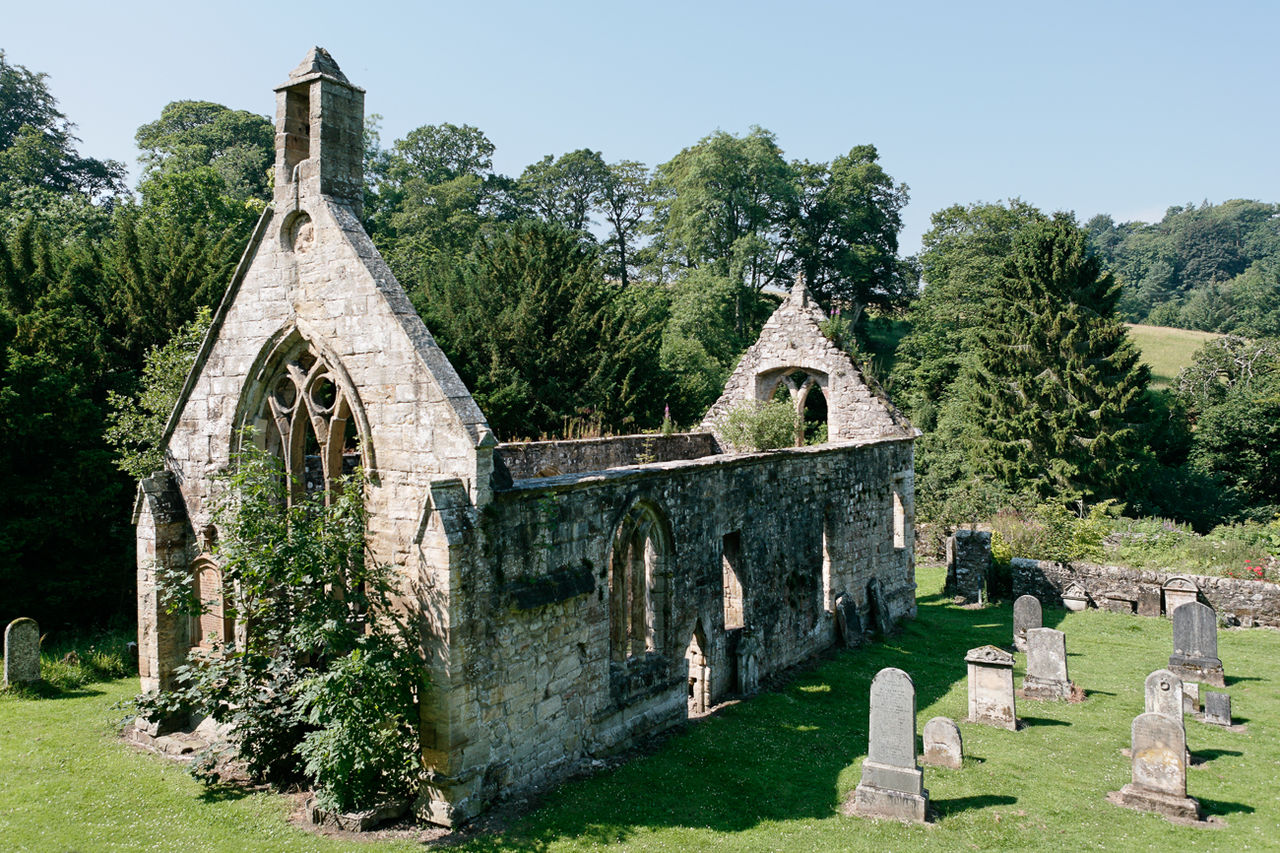The arrest warrant started with the phrase : "Dieu n'est pas content, nous avons des ennemis de la foi dans le Royaume" ["God is not pleased. We have enemies of the faith in the kingdom"].
Claims were made that during Templar admission ceremonies, recruits were forced to spit on the cross, deny Christ, and engage in indecent kissing. Brethren were also accused of worshiping idols, and the order was said to have encouraged homosexual practices. The Templars were charged with numerous other offences, financial corruption and fraud, and secrecy. Many of the accused confessed to these charges under torture, and these confessions, even though obtained under duress, caused a scandal in Paris.
Relenting to Phillip's demands, Pope Clement then issued the papal bull Pastoralis Praeeminentiae on 22 November 1307, which instructed all Christian monarchs in Europe to arrest all Templars and seize their assets. Pope Clement called for papal hearings to determine the Templars' guilt or innocence, and once freed of the Inquisitors' torture, many Templars recanted their confessions. Some had sufficient legal experience to defend themselves in the trials, but in 1310 Philip blocked this attempt, using the previously forced confessions to have dozens of Templars burned at the stake in Paris.
Source: wikipedia


